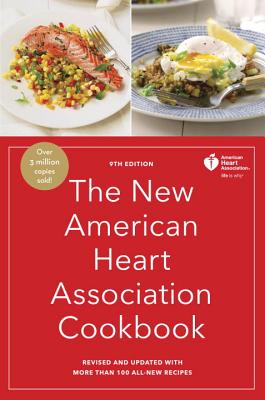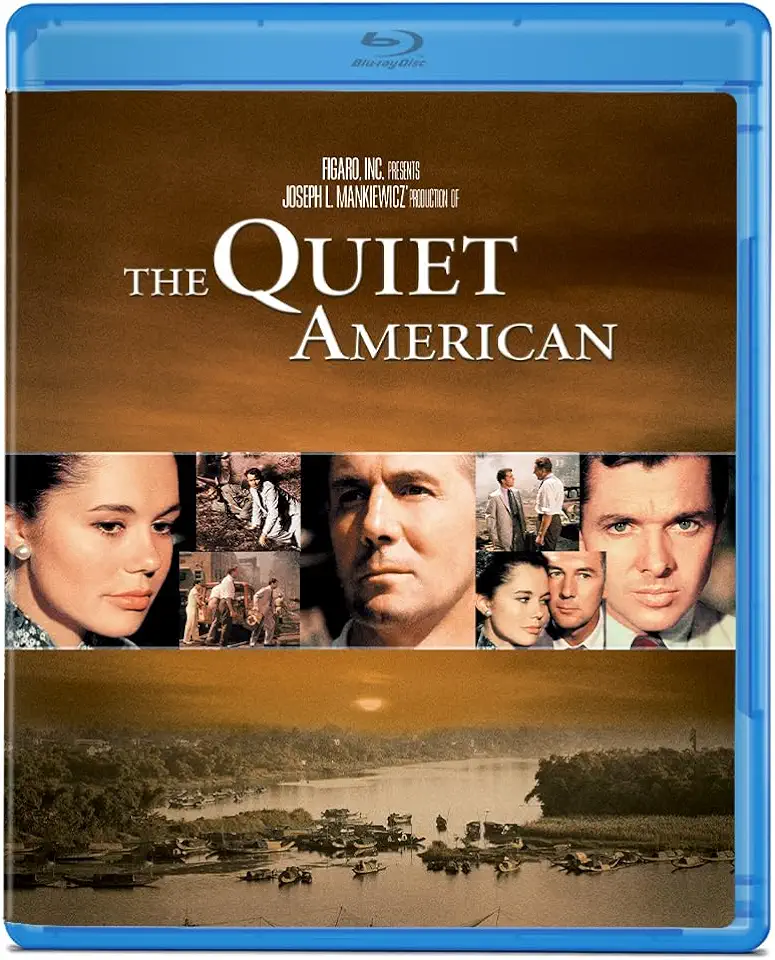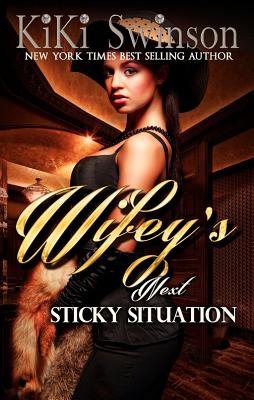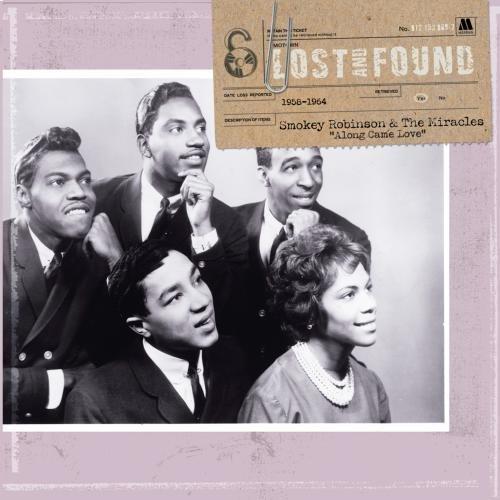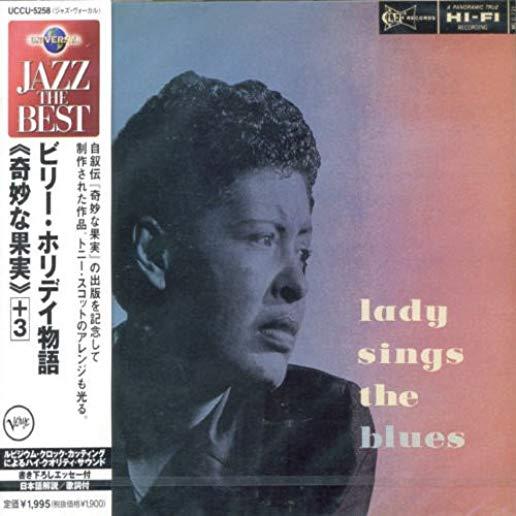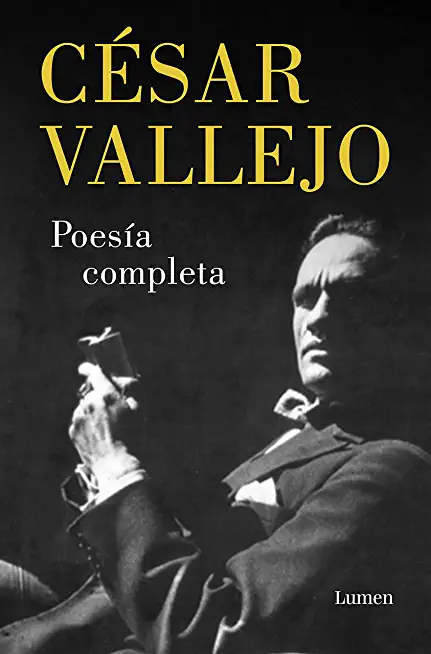
Vallejo, César
product information
description
0130. aniversario del autor y centenario de su obra maestra: Trilce El escritor que cambió el curso de la poesÃa en español. «Ningún poeta me ha estremecido tanto . --Rafael Alberti «César Vallejo es directamente responsable de lo que yo escribo . --JoaquÃn Sabina César Vallejo es, sin lugar a dudas, uno de los poetas en español más importantes de todos los tiempos. Su obra, de gran influencia en la literatura posterior, hizo saltar en pedazos la lÃrica occidental y, aún hoy, sigue siendo «rabiosamente contemporánea (La Vanguardia). Aunque partió del modernismo, pronto avanzó hacia la búsqueda de nuevas posibilidades expresivas. Con Trilce --«el más radical de los libros en lengua española (Julio Ortega)-- Vallejo alcanzó a crear un nuevo lenguaje poético que lo situó como una de las cumbres de la poesÃa de vanguardia a escala mundial. Su obra escrita en Europa, casi toda publicada póstumamente --los llamados Poemas humanos y España, aparta de mà este cáliz--, no abandona la necesidad de explorar la máxima potencia del lenguaje, que se impregna a más abiertamente de referencias polÃticas e históricas, y constituye, según muchos crÃticos, lo mejor de su producción. ENGLISH DESCRIPTION The author's 130th anniversary, and the centennial of his masterpiece--Trilce. The writer that changed the course of poetry in the Spanish language. César Vallejo is, unarguably, one of the most important poets in the Spanish language of all time. His work, a massive influence in later literature, blasted through Western lyricism, and even today is still "rabidly contemporary" (La Vanguardia). Even though he arose from modernism, Vallejo soon moved towards the search of new expressive possibilities. With Trilce--"the most radical book in the Spanish language" (Julio Ortega)--Vallejo managed to create a new poetic language that turned him into one of the greatest avant-garde poets in the world. The works he wrote in Europe, almost all published posthumously--the so-called Human Poems and Spain, Take This Chalice from Me--hold the need to explore the full strength of words, permeating to more open political and historical references, constituting what most critics call the highlight of his literary production.
member goods
No member items were found under this heading.
listens & views
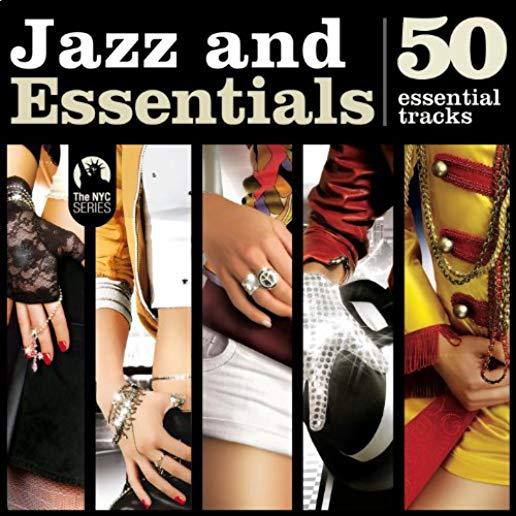
JAZZ ESSENTIALS DELUXE / VARIOUS ...
by JAZZ ESSENTIALS DELUXE / VARIOUS (ARG)
COMPACT DISCout of stock
$11.99
Return Policy
All sales are final
Shipping
No special shipping considerations available.
Shipping fees determined at checkout.
